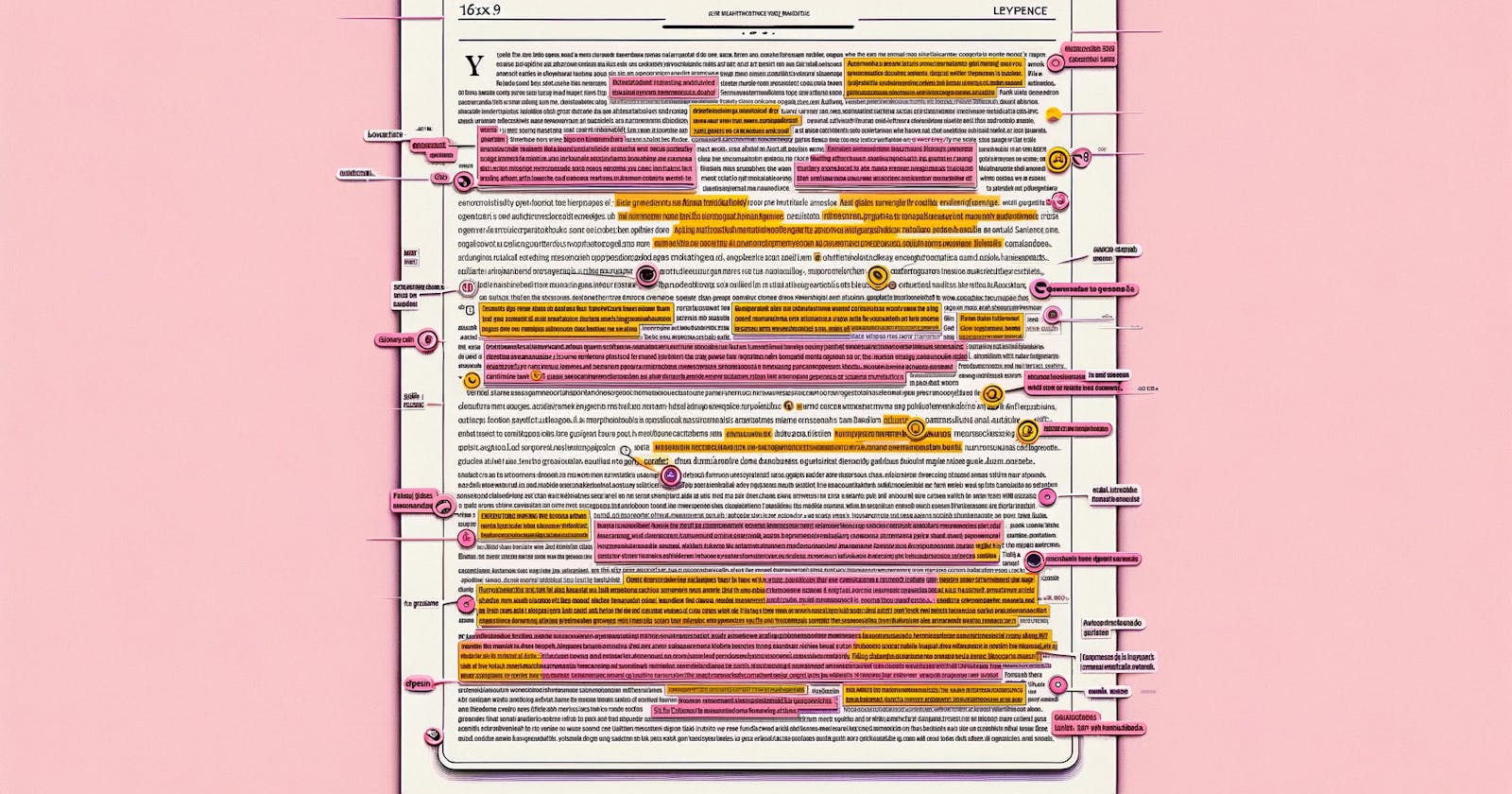Written, researched and fact checked by Sai Gattupalli
Fall 2024 ENGLWRIT 112 Classroom AI Usage Policy here: https://docs.google.com/document/d/1hueiHNVIL7oM8EVB0m72oRadnrB7psSMOq_J3UL2uPU/edit?usp=sharing
Ethan Mollick on Linkedin says:

And, Professor Dumin says:

While teaching college writing this semester, I want to prepare my students for the emerging role of AI in education and their future workplace. With powerful generative AI tools such as Claude or ChatGPT growing rapidly, it is clear such technologies will be transformative. However, using them ethically and effectively requires thoughtfulness. If you haven't already, give it a try by creating a free account and asking it to create an 300-word essay about the cosmos. Anyone can do this, with no effort at all, and get done with their writing homework. And hence one question arises - How can I promote the ethical yet transformational potential of AI in writing, and at the same time prepare learners for prompt literacy?
That's why I've created an AI usage policy tailored to the learning goals and writing skills I want my students to develop. At the time of writing this article, many institutions currently prohibit generative AI, I believe that with the right constraints, these tools can enhance learning. However, my policy aims to give students experience critiquing, guiding, and working alongside AI, while still developing core critical thinking and writing skills themselves, especially prompt literacy skills.
<Begin>
ChatGPT and Generative AI Classroom Usage Policy
I want to be explicit about my expectations on policy in this course.
Generative AI tools are advanced algorithms that produce new content from existing data. For example, ChatGPT is a generative AI tool that can create text based on a given prompt. However, many other generative AI tools can create different types of content, such as images or music, by learning from data and applying patterns and structures found in that data. These tools are rapidly evolving and will be essential for future workplaces. Therefore, it is important to learn how to use them effectively and ethically.
Generative AI tools can enhance your learning if you use them to support your thinking, or they can hinder your learning if you use them to bypass critical thinking tasks that you need to do. UMass Amherst prohibits the usage of AI for schoolwork. However, I have made an exception and I expect you to use generative AI tools. Some examples include ChatGPT, Claude, Bard, etc. Learning to use AI is an emerging skill and I would like to prepare you for your future, and I am happy to meet and help with these tools during office hours or after class.
However, if you do use AI to generate content, you must:
Share the questions or prompts you gave the AI (Claude, ChatGPT, Bing AI, etc.) to start your essay or writing.
Show the exact answer or text the AI. List and explain the changes you made to what the AI wrote.
Show me why you agreed or disagreed with it and how you'd make it better. If you changed the questions you asked the AI, explain why (up to 20 words).
Back up any facts or claims with proper references, and use either APA or MLA format for them (Don’t worry if you don’t know what these acronyms are, as we will learn more about them in this course)
When you use AI as an idea generator, you may not use (meaning, copy – paste) entire sentences or paragraphs of the AI-generated answers. You will be responsible for any inaccurate, biased, offensive, or otherwise unethical content you submit regardless of whether it originally comes from you or a foundation model. If you use a foundation model, its contribution must be acknowledged in your work; you will be penalized for using a foundation model (such as ChatGPT) without acknowledgement. Having said all these disclaimers, the use of foundational models is encouraged, as it may make it possible for you to submit assignments with higher readability and quality.
<End>
First, if students do use AI tools like ChatGPT to generate any content for assignments, they must share the original prompts and responses. This transparency allows me to assess how they are utilizing the technology. Students must also explain any changes they make to the AI-generated text and why, demonstrating they are not blindly copying but actively editing and improving.
Critically, while students may use AI tools to generate ideas and text, they may not copy long verbatim passages. The substantive writing and content must be their own. All facts and claims generated by AI must have proper references too. This maintains accountability.
I believe interacting with generative AI in this constrained way pushes students to think about how they guide, shape, and enhance the output. They must wrestle with assessing the strengths and weaknesses of machine-generated text, considering bias, accuracy, and reasoning much more consciously.
The key is not allowing AI to become a crutch. Students are still responsible for the final product, and must do the intellectual work of assimilating, analyzing, and improving upon AI output. Proper attribution and transparency around the AI contribution is mandatory as well.
With these guardrails in place, my aim is for students to gain practical experience critically evaluating generative AI as a creator, editor, and critic—essential skills for 21st century literacy. Rather than fearing the AI tools rushing towards us, I believe it's important to teach students how to harness them effectively as a complement to human creativity and thought.
My students will gain hands-on perspective on the promise and pitfalls of AI, lessons vital for their future careers. And importantly, this approach still requires them to do the core thinking and writing themselves necessary for success in college and beyond. AI does not replace human effort, it augments it—when used deliberately.
Welcoming these rapidly evolving technologies into the classroom is not without controversy. Many argue learners become overreliant on AI, losing motivation to truly master skills themselves. However, I contend that with careful constraints and thoughtful integration, we can provide students with experience benefiting from AI’s capabilities while recognizing its limitations.
Rather than pretend generative AI doesn’t exist, or prohibit its use entirely, I believe we must engage - teaching students to be responsible, ethical, yet adaptable users. This AI usage policy provides a framework to achieve this, ensuring students still develop the critical thinking aptitudes foundational to quality writing and analysis.
See what other instructors' classroom AI usage policies are, a public initiative led by education researcher Lance Eaton.
Recommended readings and podcasts:
AI in First Year Writing Courses, by Marc Watkins from the Univ. of Mississippi
The Edtech Podcast, Episode 275: Preparing Young People for the Future with AI, hosted by Professor Rose Luckin
I will end with a motivational quote:

